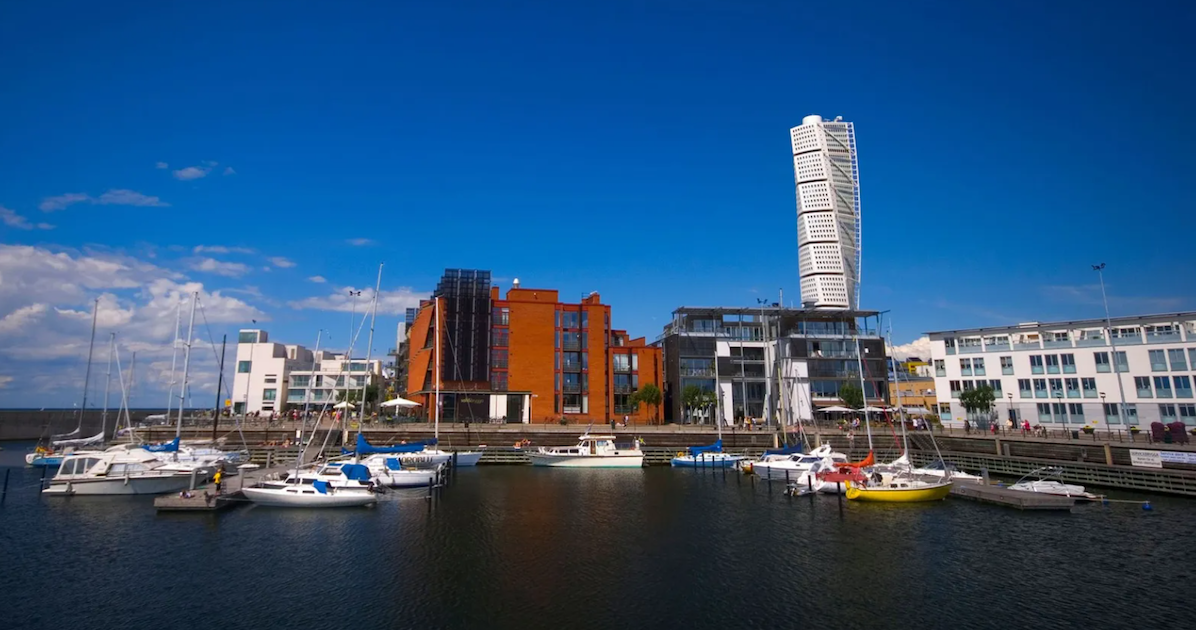Malmö is the fastest growing city in Sweden – how does this affect the local labour market and employment rates of different social groups?

Malmö is the third largest city in Sweden with a population of 330,000 people and has been experiencing demographic growth, increasing by 30% between 2000 and 2018 (Företagarna 2020). In labour market terms, however, Malmö has also a low rate of economic participation (Företagarna 2020:3) and a higher unemployment rate than the national average (14% compared to 7%). At the same time, Malmö also has a high rate of entrepreneurship: in 2017 8% of all employed people in Malmö were self-employed, compared to 7% in Sweden (Företagarna 2020:6). Statistical studies also show that the majority of businesses in Malmö are small-sized (Företagarna 2020:4). These numbers highlight the fact that small enterprises contribute to creating economic growth, welfare, and jobs in the area, since 26% of all tax incomes to the municipality of Malmö comes from small enterprises (Företagarna 2020:5).
Several reports point out both the unequal representation of different social groups in entrepreneurship and the labour market gaps along the lines of gender and migrant status (Tillväxtverket 2020; Företagarna 2020). However, two main studies also show that gender differences play a greater role than immigrant background in determining the local structured division of labour. The gender gap is reflected in the sectors of work and the different income levels of men and women, regardless of their national background (Företagarna 2020; Region Skåne 2021). Swedish-born men tend to have much higher incomes than other groups, including Swedish-born women (Företagarna 2020). Immigrant men and women are almost on the same level: although foreign-born women have the lowest average income, the difference with their male counterparts is not significant.
The entrepreneurial scene in Malmö also seems to have a huge gender gap, since 81% of all entrepreneurs/business owners in Malmö are men, while only the remaining 19% are women (Region Skåne 2021:5). Surprisingly, the most represented group among entrepreneurs are immigrant men, followed by Swedish-born men, while both immigrant and Swedish-born women are the least represented groups (Region Skåne 2021). This trend can be explained by the tendency of immigrants to start a business more frequently than natives in Malmö, also due to their great representation among the population (almost 40% in 2020: SCB).
The most common sectors of business in Malmö are respectively (Företagarna 2020:12): consultancy/business services (17%), health care (15%), trade (13%), education (10%), information and communication (6%), construction (6%), transport (5%), cultural and personal services (5%), hotels and restaurants (4%). On average, immigrants tend to run businesses in lower-qualified sectors, such as the service industry, where economic returns are lower than in other sectors (Region Skåne 2021:3). Both Swedish and immigrant women tend to operate in the health care and education sectors, while immigrant men are overrepresented in the transport and services sectors. Swedish-born men operate mostly in the sectors of construction and information/communications (Region Skåne 2021).
In conclusion, entrepreneurship appears as an important driver for employment and economic growth in Malmö: at the same time, however, the gendered structure of the labour market determines which sectors different groups choose to operate in, and their respective income level. Moreover, the local labour market and business scene is more divided and structured along the lines of both migration and gender, although the latter seems to play a bigger role in creating determining labour market inequalities and gaps.
References
https://malmo.se/Fakta-och-statistik/Facts-and-statistics-in-english/Population.html
Region Skåne (2021), Mångfald i Skåne och Malmö (diversity in Skåne and Malmö) https://utveckling.skane.se/digitala-rapporter/mangfaldskartlaggning/inledning/ accessed on 28/04/2021.
Statistikmyndigheten – SCB (2019), “Utrikes födda I Sverige”, https://www.scb.se/hitta-statistik/sverige-i-siffror/manniskorna-i-sverige/utrikes-fodda/ (accessed on 5/01/2021)
Statistikmyndigheten – SCB (2015), “Färre kvinnor än män driver företag”, https://www.scb.se/hitta-statistik/artiklar/2017/Farre-kvinnor-an-man-driver-foretag/ accessed on 23/04/2021.
Företagarna (2020), ”Företagarfakta – Malmö kommun” – https://www.foretagarna.se/politik-paverkan/rapporter/2020/foretagarfakta-2020/
Picture credits: https://www.bbc.com/worklife/article/20170306-all-eyes-on-malmo-but-not-because-of-trump


